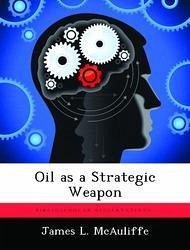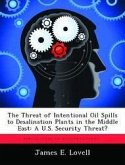In October 1973, the Organization of Arab Petroleum Exporting Countries (OAPEC) curtailed oil production and embargoed oil shipments to those countries they perceived as sympathetic to Israel-the United States, Western Europe and Japan. In order to regain the needed oil, the OAPEC demanded a cessation of aid and support to Israel and a more active backing of the Arab cause. By the time the political crisis had subsided, the majority of the industrialized countries had not only censured Israel, but were actively courting the Arab countries to insure security of their future oil supplies. This was not the first time oil producers had attempted to use oil as a political or strategic weapon. Since the end of World War II, there have been at least three previous, albeit unsuccessful, efforts to influence other countries or multi-national companies using either the threat or the actual withholding of oil. This thesis examines the oil crises situations of Iran in 1951, the Suez Canal in 1956, and the embargo of 1967, in addition to the more recent oil crisis of 1973.
Hinweis: Dieser Artikel kann nur an eine deutsche Lieferadresse ausgeliefert werden.
Hinweis: Dieser Artikel kann nur an eine deutsche Lieferadresse ausgeliefert werden.








